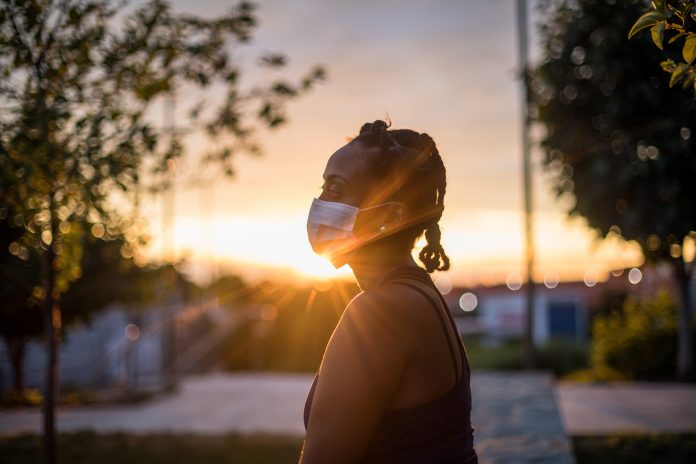Despite most Americans feeling satisfied with their financial situation, happiness is at a five-decade low, according to a new survey.
The study highlights how Americans’ outlook and emotional health compare to nearly 50 years of trends in public opinion data from the General Social Survey, an ongoing project which NORC at the University of Chicago has conducted since 1972.
The new COVID Response Tracking Study is an effort to examine the social, psychological, and economic impact of the COVID-19 pandemic on American society. This is the first wave of the longitudinal study, which will include re-interviewing respondents at various points following the outbreak of the COVID-19 pandemic.
The historical context reveals unique effects of the COVID-19 outbreak on public sentiment: An all-time low in people saying they are very happy, combined with an all-time high in people saying they are satisfied with their family’s financial situation.
These contrasting findings suggest that people are comparing their happiness to their own psychological well-being before the pandemic while assessing their finances in relation to the millions of fellow Americans who have lost jobs, wages, or investments following the outbreak.
The results also illustrate how Americans are reacting differently to the coronavirus pandemic compared to previous national tragedies. For example, fewer Americans report crying or feeling dazed than after either the John F. Kennedy assassination in 1963, or the 9/11 terrorist attacks in 2001—but more report having lost their temper or feeling bored during the pandemic.
With many social distancing guidelines in place, about twice as many Americans report feeling isolated at least sometimes compared to two years ago. Since 2018, fewer people are also now satisfied with their social relationships, and more are reporting a fair or poor ability to carry out their social activities.
People who live in a county with a high number of COVID-19 deaths are lonelier than those living in less affected counties. In addition, those in high-impact counties are more likely to say they are not happy than are those living in less-affected counties.
Other key findings from the study include:
- Among Americans, 42 percent believe their children’s standard of living when they are older will be better than their own standard of living—a sharp decline from 57 percent in 2018 and the lowest level of optimism for the next generation since first measured in 1994.
- The percentage of Americans who feel they often lack companionship has risen from 10 percent in 2018 to 18 percent in May 2020.
- Compared to after 9/11, fewer Americans report feeling on top of the world or like things are going their way, and more Americans feel depressed.
- More Americans say they have lost their temper more often after the COVID-19 outbreak than said the same after 9/11 or the Kennedy assassination.
- More Americans currently report that they often feel anxious, depressed, or irritable compared to two years ago.
- Those who say they have likely been exposed to someone with the coronavirus are nearly twice as likely to feel like difficulties are piling up so high that they cannot overcome them.
From Futurity





